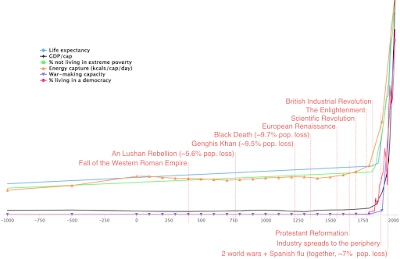Why I am Donating to Wild Animal Suffering Research

This post discusses my donations, as part of a pledge to give 10% of my monthly income to highly effective charities. To learn why thousands of people have taken the pledge and to take it, visit givingwhatwecan.org . A dead turtle appeared on the shores of Playa Dorada in the Galapagos last month. The turtle, Benny, had died a few hours earlier, and his body was cold. Not too long ago Benny had been a baby with tiny little webbed hands and eyes that barely opened. You can see videos online of baby turtles just like Benny hatching and their little bodies moving oh-so-slowly as they meet the world for the first time. Benny had been one of them. Then he grew up and lived in the waters of the Galapagos–until one day, when he ate a jellyfish called "hielo," or ice, that poisoned him. Benny convulsed in severe pain until he suffered an abrupt death. How did Benny die? The species of the jellyfish that Benny eat is rapidly expanding thanks to the warming global climate.














